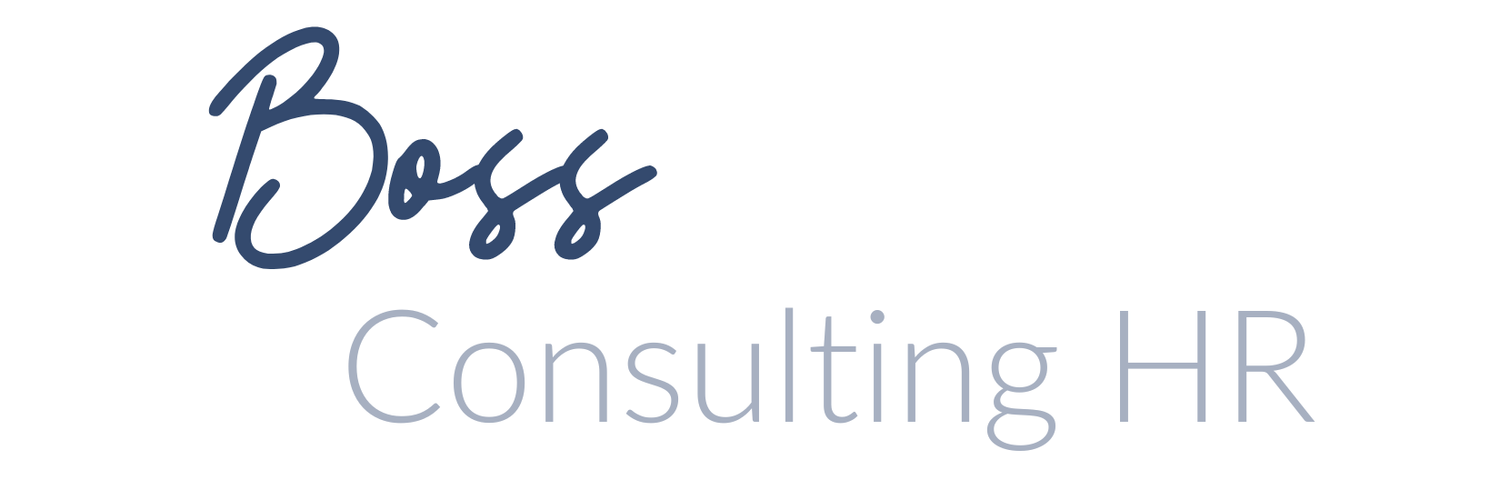Overtime Liability & Clean Slates | This is What We're Watching.
What We're Watching: a summary from the team at Boss Consulting HR, to highlight the ever-moving parts that is Human Resources.
Federal Updates
Don't make this employer's mistake. The Supreme Court cracks down on daily rate pay.
If you’re an employer with workers on a daily rate pay schedule, this one’s for you.
The Supreme Court recently ruled that you’re not meeting the salary requirement by paying a daily rate. In other words, the employee is not exempt and you’re not off the hook from paying overtime.
Why it matters → This is one of the top 10 mistakes we see our small business owners make. You’re not alone if you’re unsure about this one, but you will be held liable if you don’t get it right.
Classifying employees as exempt comes with two stipulations: their job position must pass the duties test and they must be paid on salary.
In the recent Supreme Court ruling, the employee was paid a daily rate. But because he was a “highly compensated employee” making over $200k/year – which falls under one of the stipulations of the duties test – his employer classified him as exempt.
Remember, just because an employee is highly compensated, doesn’t mean they’re not eligible for overtime pay.
JD Supra says it as cut and dry as you can get, “employees paid on a daily rate cannot be exempt, with very limited exceptions (doctors and lawyers).” That’s it. Them be the rules.
Paying employees a daily rate will not exempt you from overtime responsibilities.
If you’re paying anyone on a daily rate, we recommend reviewing your pay structure. Ensure it meets both requirements above to keep you out of any hot water with the FLSA.
Connecticut Updates
Back in January, we gave you notice that CT’s new Clean Slate Law was taking effect. Now is the time to take action. As a reminder, this law does two things —
It “wipes clean” certain low-level crimes for people who have remained crime-free since the time of their release. This includes cannabis possession but does not include sexual offenses or family-related violence.
It forbids employers to discriminate against these individuals. This applies to the hiring and employment process.
Why it Matters → The Clean Slate Law is a big step forward from “Ban the Box.” And with new rules comes necessary action from both employers and HR reps.
What does that action look like? These are the steps you should be taking now:
1. Stay in the know. As an employer, it’s more important than ever to educate yourself about the changes to your employment practices that this law requires. And hey, by reading this newsletter you’re already tackling step one!
2. Educate your hiring managers (and anyone involved in the hiring process) on what this new law means, what it prohibits, and what it allows. This applies to your background check personnel, as well as those in termination and hiring positions.
3. Review your policies, job advertisement materials, and employment application forms. Adjust and edit where necessary to ensure no discriminatory language or practices are in effect. This will help you avoid potential claims.
4. If you’re unsure about any of the changes, seek expert advice. Talk to your HR representative if you’ve got one. Or get expert eyes on your policies and forms from an HR consultant to ensure compliance under Clean Slate. Schedule a free consultation here.
While this law sure does add some new obligations for the employer, it also seeks to lower the barrier to entry for workers.
BCHR Updates
We’ve got a few great events and trainings coming up. Mark your calendars and keep an eye out for more info!
April 5th – Diversity, Equity, and Inclusion Trainin
April 18th – Essential Skills for Supervisors



